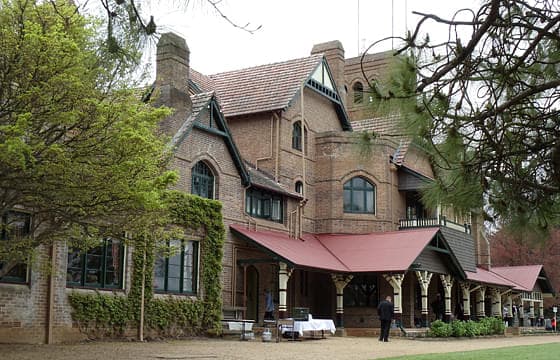Master of Urban and Regional Planning at University of New England
Armidale, Australia
- Tuition Fee AU$ 28,216
- Country Rank#29
- Duration18 Months
- Score IELTS: 6
Program Overview
Through our fully-accredited course, gain the knowledge and skills to excel as a professional planner, with competence and confidence that your knowledge is up to date with the skills to communicate to wide audience groups, strategise, and solve problems.
You’ll gain specialist knowledge across a range of important study areas including geography, sociology, law, public policy and economics so you can competently deliver the best professional planning outcomes for small- and large-scale developments across urban and regional contexts.
Together, we will explore a range of complex planning problems and learn knowledge and skills across a range of integrated study areas that contribute to finding sustainable planning solutions for communities, business and governments. Your assessment tasks will include project-based, real-life contexts. You’ll be steps ahead to apply your structural and statutory knowledge to built and natural environments within the legislative framework controlling land use.
Cost Of Studying At University of New England
Interest rates as low as 8.9% *
250K+
Students Assisted
800Cr+
Loan Amount Disbursed
5000+
Loans Sanctioned
